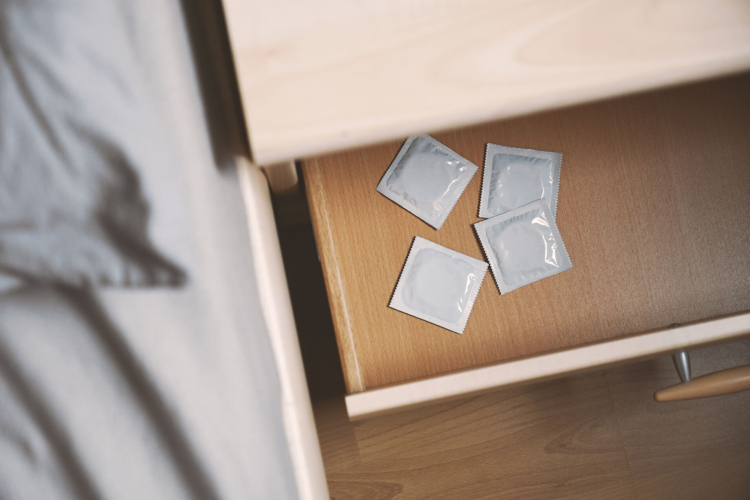Be on the lookout for symptoms
To prevent the potentially harmful effects of HPV, the first thing to do is to remain alert for any symptoms that may appear. Although many people infected with HPV don’t show any visible signs, others may develop anogenital warts or condylomata.
Even though a strong immune system is generally able to eliminate such an infection, sometimes abnormal cells can evolve into a cancer diagnosis. For men, regular exams to detect the presence of visible condylomata are the first step to take.
For women, getting a doctor-prescribed Pap test remains the best way of detecting potential exposure to HPV. Indeed, a Pap test can identify slight alterations in the cervical cells in case of an active infection. It is however possible, as with any inactive virus, that no abnormality is detected.
Speak with your pharmacist about vaccines that prevent HPV
HPV (human papilloma virus) is one of the most common STIs (sexually transmitted infections). It can be transmitted during oral, vaginal or anal sex, but also from intimate skin contact with an infected person, and can sometimes cause cervical or anal cancer.
Once again, prevention is your best bet – vaccines may not treat an existing infection, but they significantly reduce your risk of contracting the disease.
Good to know
· HPV vaccines are only administered to people who are 9 to 45 years of age.
· Because infections can take several years to manifest, having a stable partner is not a guarantee against HPV. Also, contracting HPV does not constitute proof of infidelity.
· Condoms are a great way of preventing HPV, but they aren’t 100% foolproof because the virus can spread through contact with adjacent areas.
If you have questions on HPV, feel free to talk with your pharmacist affiliated with Accès Pharma. They can recommend and then administer 1 of 3 available vaccines. That way, you can continue to be sexually active while enjoying greater peace of mind.






